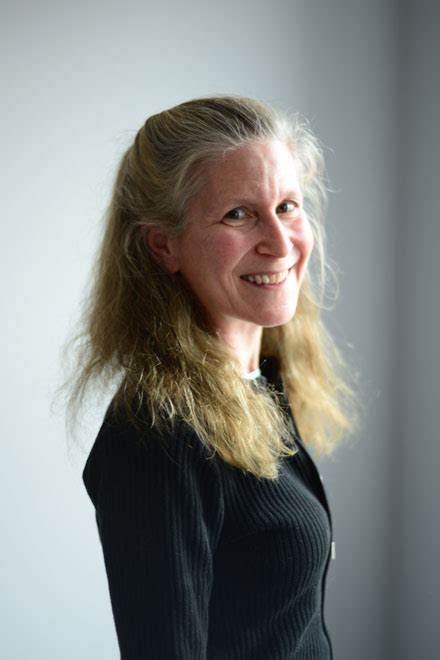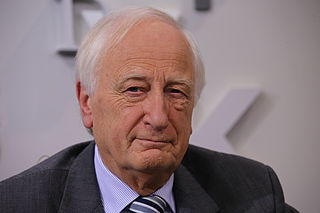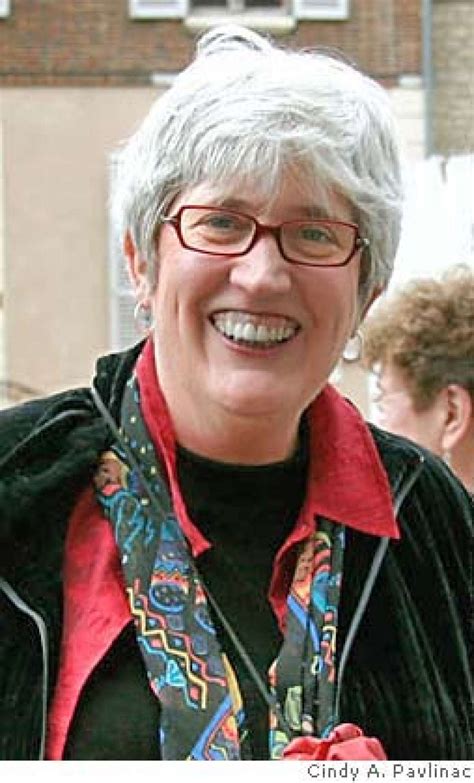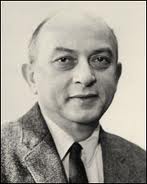A Quote by Julian Baggini
Wellbeing is a notion that entails our values about the good life, and questions of values are not ultimately scientific questions.
Related Quotes
If you don't put the spiritual and religious dimension into our political conversation, you won't be asking the really big and important question. If you don't bring in values and religion, you'll be asking superficial questions. What is life all about? What is our relationship to God? These are the important questions. What is our obligation to one another and community? If we don't ask those questions, the residual questions that we're asking aren't as interesting.
Perhaps the most significant thing a person can know about himself is to understand his own system of values. Almost every thing we do is a reflection of our own personal value system. What do we mean by values? Our values are what we want out of life. No one is born with a set of values. Except for our basic physiological needs such as air, water, and food, most of our values are acquired after birth.
In order to align your life choices with your values, you will need to inquire about the effects of your actions (and inactions) on yourself and others. Although we are always stumbling upon new knowledge that shifts our choices and life direction, bringing conscious inquiry to life means that we continually ask questions that lead us to the information we need to make thoughtful decisions. Asking questions is liberating because we develop great understanding and discover more choices with our new knowledge
Germans argue with the Americans about many things, from the death penalty to the relationship between security and freedom. We have to be honest about these differences. And yet, whenever we quarrel with the Americans, it amounts to controversies over different interpretations of values we share. You can't say that about Russia. Vladimir Putin fundamentally questions Western values.
We deem valuable whatever is likely to meet our needs or wishes (individual values) and whatever is likely to help protect or attain social goals (social values). However, this is not a dichotomy, for some individual values, such as truth, are needed to secure some social values, such as mutual trust, and some social values, such as peace, are required to pursue some individual values, such as good health.
The great philosophers of the 17th and 18th centuries did not think that epistemological questions floated free of questions about how the mind works. Those philosophers took a stand on all sorts of questions which nowadays we would classify as questions of psychology, and their views about psychological questions shaped their views about epistemology, as well they should have.
[Our goal] is to help revive America's traditional values: faith, family, neighborhood, work and freedom. Government has no business enforcing these values but neither must it seek, as it did in the recent past, to suppress or replace them. That only robbed us of our tiller and set us adrift. Helping to restore these values will bring new strength, direction and dignity to our lives and to the life of our nation. It's on these values that we'll best build our future.
I look to Islamic ethics to find something that can provide the basis for shared values with other traditions, and ultimately universal values. This ties into the point I made in a book, 'The Quest for Meaning', that the only way for values to be universal is if they are shared universal values. My main point is, in this quest for value the aim is not to express your distinctness from others, but about being able to contribute to the discussion of universal value.


































